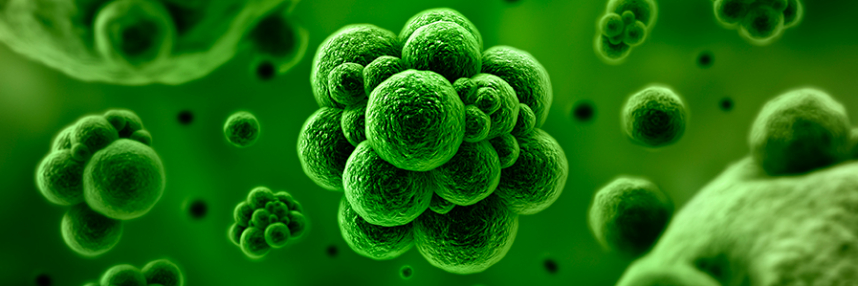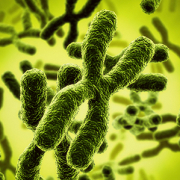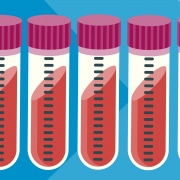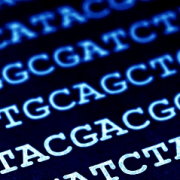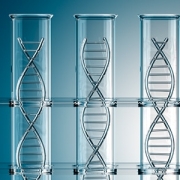Microbiome matters
The human microbiome is a hot health topic. But what is the microbiome? And how can it affect our health?
Microbes are microscopic creatures, notably bacteria, viruses and fungi. The body is home to vast numbers of these invisible passengers, particularly in the gut, with every human carrying in the region of 10-100 trillion microbial cells in, and on, their body. The number of microbial cells in an individual could actually be greater than the total number of human cells, which is estimated to be somewhere in the region of 37 trillion.
The microbiome is a term increasingly used to refer to the collective genome sequences of all the microbes present in one human. Some microbes may be pathogenic, but the majority happily coexist without causing disease in healthy individuals; and indeed many are believed to be fundamental to our health.
Until very recently, the sheer size of the human genome represented a real barrier to the progression of genomic medicine, but with advances in genome sequencing technology and analysis, genomic – or precision – medicine is rapidly becoming feasible. While microbes have tiny genomes compared with humans, together the human genome and microbiome act as a vast library that is now becoming accessible to scientists and medical practitioners.
Our ‘second genome’ and our health
There is increasing evidence to suggest that the microbiome, often known as the ‘second genome’, plays a role in health. Babies begin to develop their microbiome from birth and it increases rapidly in the first few years of life. It is thought that the gut microbes in particular play an important role in the development of a child’s immune system, as well as resistance to harmful bacteria in later life.
No two microbiomes are exactly the same, as they are influenced by our individual exposures and behaviours, and quite possibly our genomes, too. By the same token, microbiomes are not static – they can change over time, as well as varying between different locations in the body (skin, nose, teeth, gut and so on).
There is a lot of scientific interest in understanding how certain exposures, such as to antibiotics, can disturb the microbiome, and how this may in turn affect health. One concern is that antibiotic use may contribute to the development of autoimmune and allergic disease. A recent study on mice also suggested that antibiotic use in childhood could perturb the normal gut microbiome and increase the propensity to develop obesity and related conditions in later life. While such interactions remain incompletely understood, the role of the gut microbiome in food digestion and metabolism is increasingly recognised as important.
Boosting the microbiome: faecal transplants
The intriguing (if somewhat repellent) concept of a faecal transplant is in fact a practical reality in modern medicine, having been established as an effective treatment for severe, recurrent Clostridium difficile infections. It has also been suggested that such transplants could be used to treat certain autoimmune conditions, such as ulcerative colitis and Crohn’s disease, and perhaps even obesity.
Projects and organisations around the world, such as the US Human Microbiome Project and the International Human Microbiome Consortium, are working to discover more about the role of the microbiome in health and disease. For the moment, the impact is likely to remain largely limited to gastroenterology. But, alongside our understanding of the human genome, our understanding of the human microbiome is rapidly evolving, and is sure to play a part in new medical advances over the coming years.
If you would like to learn more about developments within genomics, see our courses.
–


